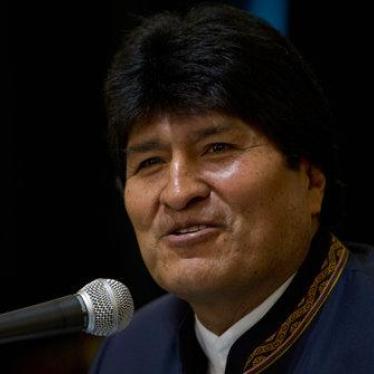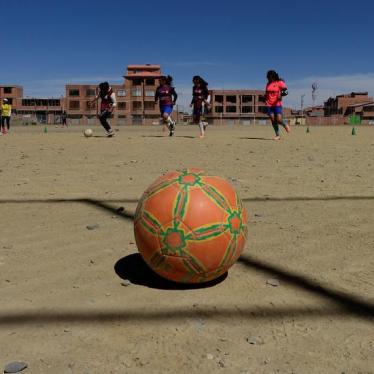(New York) – The Organization of American States (OAS) members meeting about the situation in Bolivia on November 12, 2019 should send a strong message to Bolivian authorities to ensure full respect for people’s basic human rights, Human Rights Watch said today.
Bolivian President Evo Morales resigned on November 10, 2019 in response to a request from the national military chief, Gen. Williams Kaliman, after massive protests and an OAS report detailing a “clear manipulation” of the voting system during the October 20, 2019 presidential election. On October 25, the Supreme Electoral Tribunal (TSE) indicated that Morales won the presidency. On November 10, Morales said Bolivia would hold new elections and replace all TSE members, after the OAS released its report. The following day, he traveled to Mexico, after the government granted him asylum.
“In light of the ongoing political and social crisis in Bolivia, the OAS should continue playing a leadership role,” said José Miguel Vivanco, Americas director at Human Rights Watch. “Its member states should take all necessary steps to help find a negotiated solution that will reestablish the rule of law and protect fundamental rights, including to protest peacefully and to vote in transparent, competitive, and fair elections.”
Morales resigned after weeks of civil unrest and violent clashes. Since his resignation, there has been more violence, including looting, arson, and violent attacks.
Since the elections, at least three people have died, with hundreds more injured and hundreds arrested. The Office of the United Nations High Commissioner for Human Rights has expressed concern about allegations of excessive use of force, stating that the police charged the protesters and used teargas “in a way that could violate the basic principles of the use of force.” Several news outlets were attacked or threatened and at least four had to temporarily cease broadcasting.









